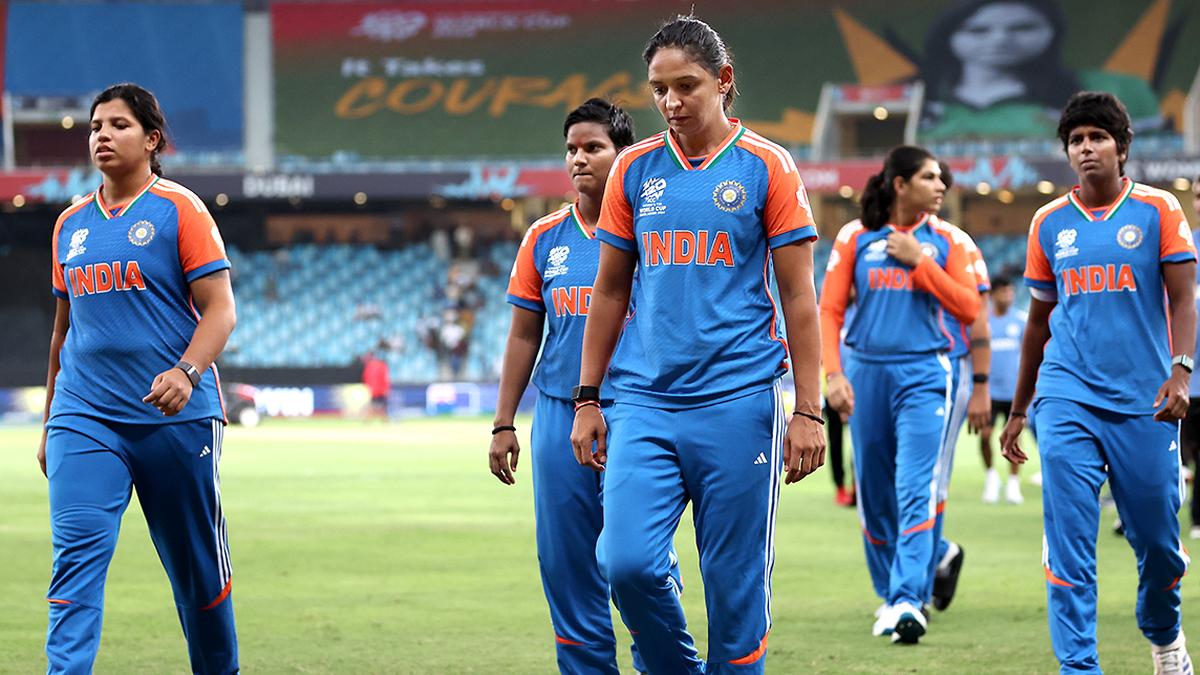 |
|
The Women's T20 World Cup 2024 witnessed a disappointing performance from teams hailing from the subcontinent, with India, Pakistan, Bangladesh, and Sri Lanka all failing to make it past the group stage. This marked a stark contrast to the history of the tournament, where India had consistently reached the semifinals, highlighting a concerning trend of underperformance in Asian-hosted editions. While the Indian team displayed some promising signs of progress, the lack of consistent performance from the other subcontinent teams underscored their struggle to achieve stability and compete with the world's best.
India's performance, despite its exit, highlighted the positive impact of its evolving domestic structure and the Women's Premier League (WPL). The WPL provided a platform for domestic players to showcase their talent, with pacer Arundhati Reddy being a prominent example of a player who used the opportunity to revive her international career. Other notable Indian players like Harmanpreet Kaur, Smriti Mandhana, Deepti Sharma, and Jemimah Rodrigues gained valuable experience competing in international leagues, further strengthening their skills and exposure to different conditions.
However, the biggest obstacle for subcontinent teams was the unfamiliar conditions in the UAE. The low and slow wickets, coupled with the extreme heat and humidity, presented challenges that teams were unprepared for. While India attempted to acclimatize with training camps in Bengaluru, it proved insufficient for the harsh realities of the UAE climate. Notably, teams like Australia and England, who had prepared diligently with specific training regimens, demonstrated their ability to adapt and thrive in the challenging conditions, highlighting the importance of tailored preparation for specific environments.
The article also sheds light on the inconsistencies within each team. While Pakistan struggled with questionable selections, leadership changes, and a lack of a stable domestic framework, Bangladesh faced issues with inconsistent batting performance, despite a strong bowling unit. Sri Lanka, despite a strong start, experienced a significant drop in performance, particularly from captain Chamari Athapaththu. These inconsistencies underscored the need for each team to address its internal weaknesses and develop greater depth and consistency across all departments.
The Women's T20 World Cup 2024 served as a valuable lesson for teams from the subcontinent, highlighting the importance of preparation, consistent performance, and a robust domestic structure. The tournament underlined the need for teams to adapt quickly to unfamiliar conditions and develop their skills in a more focused and targeted manner. The article emphasizes the importance of finding solutions to the internal challenges within each team and ensuring greater consistency across all departments to improve their overall performance in future international competitions.
Source: Women’s T20 World Cup 2024: Another WC, another nightmare campaign for teams from the subcontinent
